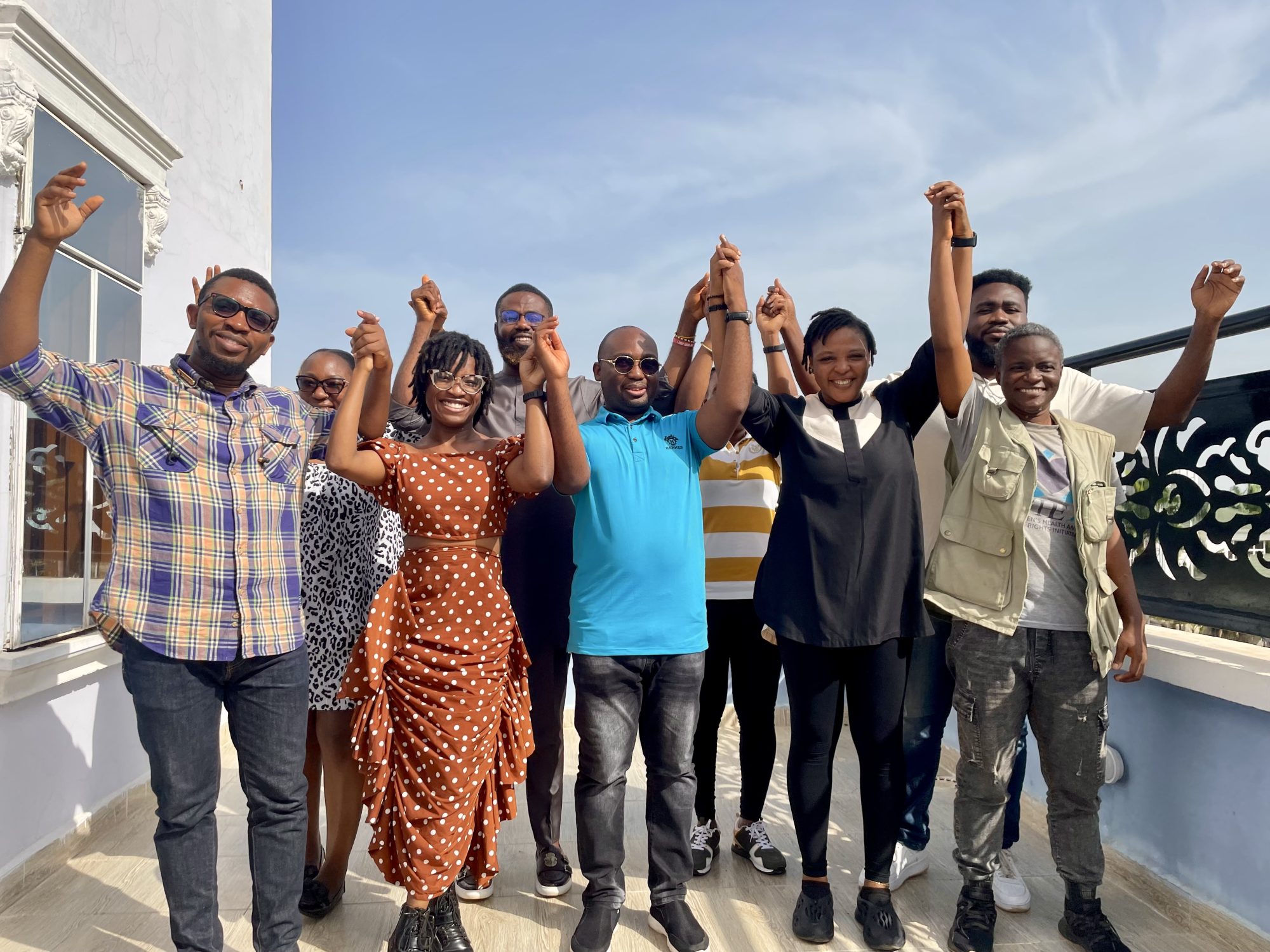Make Your Voices Count!
Calls for Input from Organizations of Persons with Disabilities

When persons with disabilities participate in decision-making processes, it provides strong support towards ensuring that policies, strategies, programs and operations to be more effective in addressing barriers to inclusion and more relevant in supporting their full and equal participation.
—Consultation Guidelines of the UN Disability Inclusion Strategy